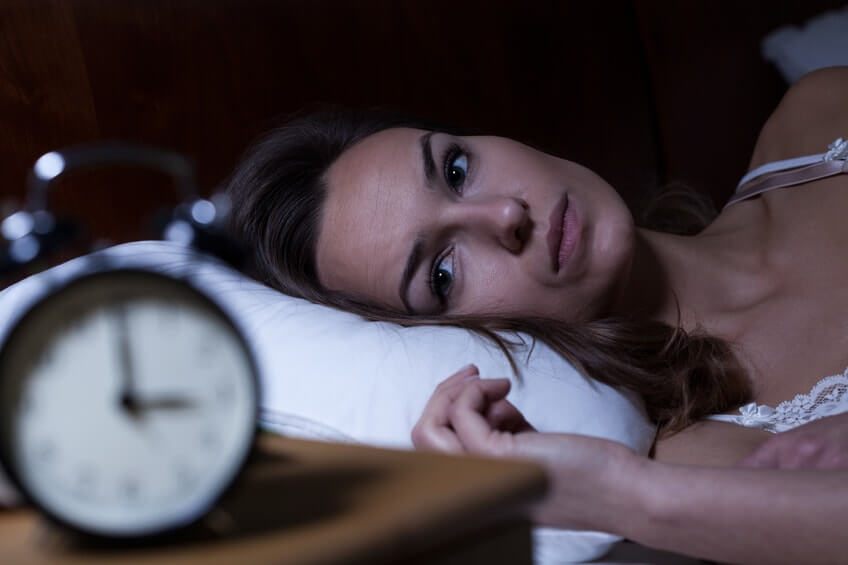If sleep doesn’t come easily to you, you’re not alone. Almost 30% of US adults sleep for less than six hours daily, falling short of the recommended seven to eight hours. You may struggle to fall asleep, wake several times each night or wake early and find yourself unable to drop off again. Whatever the presentation of your insomnia, it can cause poor concentration and irritability, which make it difficult for you to function during the day. Falling asleep behind the wheel or struggling with daily tasks are hazardous, but you are also more prone to develop depression, diabetes, obesity or raised blood pressure if you don’t get enough sleep. Therefore, addressing sleep problems is essential, but you first need to understand the cause of your sleeping difficulties.
Your lifestyle and sleep environment may explain why sleep is a struggle. Caffeine, alcohol, and nicotine all interfere with sleep, so caffeine-free and non-alcoholic drinks are a good idea in the evening, as is quitting smoking. As stress is also a trigger for poor sleep, relaxing activities before bed, such as a warm bath or playing calming music, can help you unwind. Writing down any worries you have and how you could resolve them is another helpful step, as you are less likely to mull over worries when trying to sleep.
How you choose to spend your time in the evening can influence your sleep at night too. While keeping physically active during the day can aid a good night’s sleep, strenuous exercise close to bedtime is overstimulating and may make it difficult for you to drop off. Alternatively, if you tend to watch television or use a computer, tablet or smartphone in the evening, your screen use may explain why you struggle to sleep. Light from screens lowers levels of melatonin, the hormone that triggers sleepiness, which means reading a print book, listening to the radio or speaking with your friends on the telephone are better evening activities.
When it comes to your bedroom, the temperature, lighting, your bed and what else is in the room all influence sleep. You’ll sleep easier in a room with a temperature around 65°F, as too warm a room prevents the slight fall in body temperature that aids sleep. Cotton pajamas and sheets can also help you stay cool overnight. As artificial lighting interferes with sleep, choose low-wattage lighting for your room. Outside light, both natural and artificial, can keep sleep at bay, so fit blackout blinds to your windows if you haven’t already done so. You may also find an eye mask is helpful for blocking out unwanted light. Equally, unwanted noise can disturb your sleep, so earplugs are an option if environmental noise stops your slumber. A firm mattress or pillows won’t necessarily help you sleep better – the important thing is to choose what feels comfortable and consider replacement if you wake feeling stiff or achy, or you notice wear or lumps in the material. Finally, decluttering your bedroom may promote sleep by removing distractions.
With a hectic lifestyle, it’s easy to fall into the trap of having a very fluid bedtime and wake up time. However, a good sleep routine that promotes healthy sleep requires you to go to bed and get up at around the same time each day. Avoiding naps, which is easier said than done when tired, can also help you sleep better by making sure you are ready for bed.
If despite implementing better sleep strategies you still struggle with sleep, book a consultation with your doctor, as problems affecting your physical and mental well-being can contribute to poor sleep. Poorly managed or undiagnosed angina, asthma, COPD, depression, heart failure, hyperthyroidism, Parkinson’s disease and schizophrenia are just some of the health problems that interfere with sleep. A check-up can help rule out a medical cause of insomnia. While sleeping pills are usually a last resort, your doctor may recommend a specialist. Talking therapy tailored to sleep problems may help you achieve a better night’s sleep.

